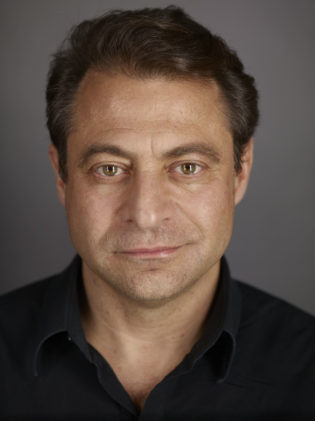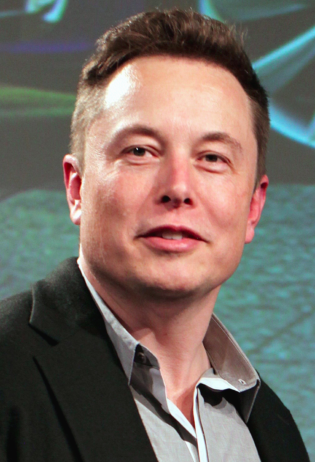Many entrepreneurs or people with entrepreneurial thinking within companies read this blog. Many more of you should be–entrepreneurs, that is.
I picked up this bit of wisdom of Elon Musk from the Abundance Newsletter of Peter Diamandis (Singularity University). Check out “Deconstructing Elon Musk.” Diamandis distilled three key parts of Musk’s genius. I recommend going to the Website and checking out the article in its entirety as well as subscribing to the newsletter. I hope this stirs some passion.

The three parts are
- Deep-rooted passion
- A crystal-clear massively transformative purpose
- First-principles thinking
A brief description of each to whet your appetite.

Deep-rooted passion: “I didn’t go into the rocket business, the car business, or the solar business thinking, ‘This is a great opportunity.’ I just thought, in order to make a difference, something needed to be done. I wanted to create something substantially better than what came before.” – Elon Musk
After selling PayPal, with $165M in his pocket, Musk set out to pursue three Moonshots, and subsequently built three multibillion-dollar companies: SolarCity, Tesla and SpaceX. Ultimately, it was his passion, refusal to give up, and grit/drive that allowed him to ultimately succeed and begin to impact the world at a significant scale.
A Crystal-clear massively transformative purpose: Musk’s MTP for Tesla and SolarCity is to accelerate the world’s transition to sustainable energy. To this end, every product Tesla brings to market is focused on this vision and backed by a Master Plan Musk wrote over 10 years ago. Elon’s MTP for SpaceX is to backup the biosphere by making humanity a multiplanet species.
“I think fundamentally the future is vastly more exciting and interesting if we’re a spacefaring civilization and a multiplanet species than if we’re or not. You want to be inspired by things. You want to wake up in the morning and think the future is going to be great. And that’s what being a spacefaring civilization is all about.” – Elon Musk
First-principles thinking: (from an interview with Kevin Rose–who has a podcast you should subscribe to) “First principles is kind of a physics way of looking at the world. You boil things down to the most fundamental truths and say, “What are we sure is true?” … and then reason up from there. Somebody could say, “Battery packs are really expensive and that’s just the way they will always be… Historically, it has cost $600 per kilowatt hour. It’s not going to be much better than that in the future.” With first principles, you say, “What are the material constituents of the batteries? What is the stock market value of the material constituents?”
It’s got cobalt, nickel, aluminum, carbon, some polymers for separation and a sealed can. Break that down on a material basis and say, “If we bought that on the London Metal Exchange what would each of those things cost?” It’s like $80 per kilowatt hour. So clearly you just need to think of clever ways to take those materials and combine them into the shape of a battery cell and you can have batteries that are much, much cheaper than anyone realizes.”






PayPal came along at the right time. But look at the profitability of each other company… Something wrong with this picture?
I guess if you have financial runway and a clear path, the time to profitability can be longer. In my case, the necessary time to profitability has always been measured in days rather than decades 😉